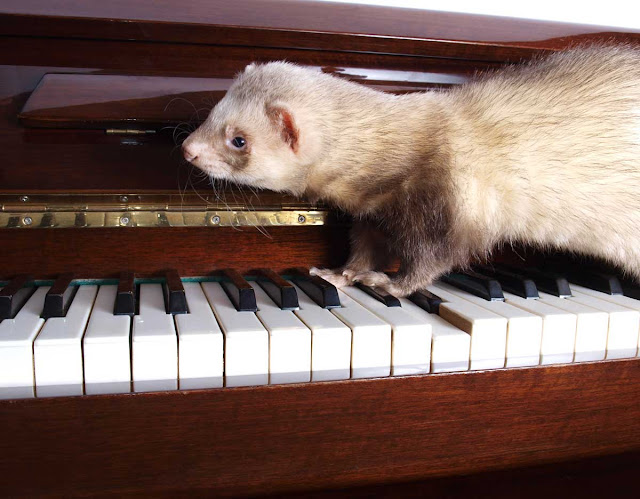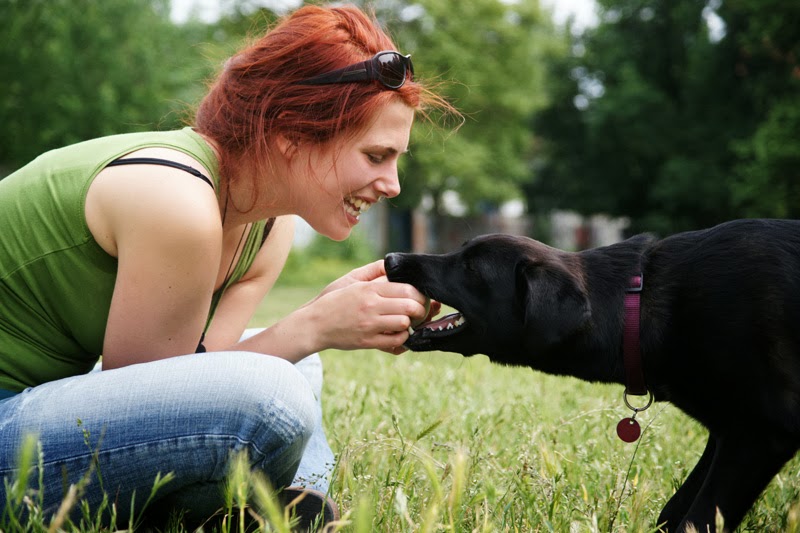Enrichment and Play in Domestic Ferrets

Enrichment, play, and time out of the cage are important for the welfare of pet ferrets. Photo: grynold/Shutterstock By Zazie Todd PhD Ferrets are popular pets because they are curious, playful and engaging. A new study by Sarah Talbot et al (Charles Stuart University, Australia) looks at play, behaviour problems and enrichment in domestic ferrets. Despite a reputation for aggression, it seems that ferrets rarely bite – and they love toys. According to the American Ferret Association, ferrets “are independent, yet enjoy being with people. Their mischievous and playful nature, retained well into old age, makes them entertaining companions.” It is estimated that there are 334 ferrets per 1000 households in the US, and many owners have multiple ferrets. According to the UK's National Ferret Census, most ferrets are kept as companion animals, but about 20% are both working and companion ferrets. The study involved a questionnaire that was distributed via Australian v...



